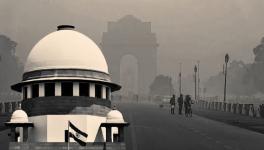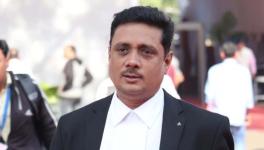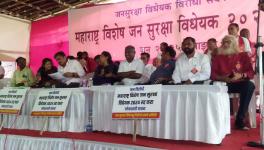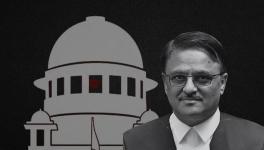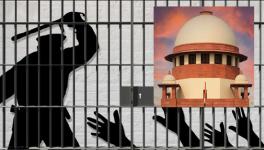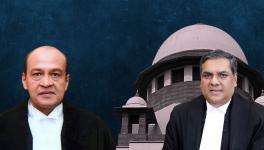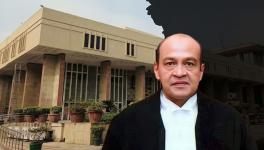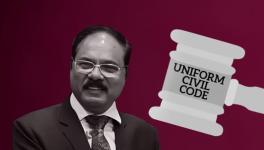Shiv Sena Versus Shiv Sena: Outgoing CJI May Frame the Issues to be Decided by a Larger Bench
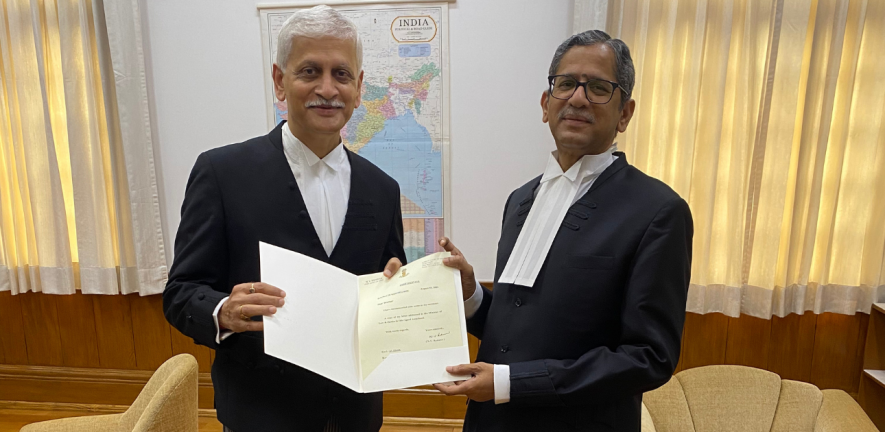
WHATEVER the composition of the new bench of the Supreme Court, which is likely to hear the dispute involving the battle for supremacy of the two factions of Shiv Sena in Maharashtra, it is clear that the Tenth Schedule to the Constitution, which deals with disqualification of a legislator on the ground of defection, may find crucial issues which have plagued it from its inception, come under intense scrutiny in the next two or three months. The resolution of these issues is likely to have a bearing on the future of democracy in India.
Notwithstanding the immediate compulsions which led to the parting of ways between the two factions of the Shiv Sena, the political situation in Maharashtra has given rise to new issues which were not foreseen earlier at any judicial forum. These include the nature of mandate secured by a political party at the time of elections, and whether it can be frustrated by a group of delinquent legislators, without leaving the party, but motivated by their hunger for power.
Following up on yesterday’s hearing, the batch of matters related to the Maharashtra political crisis was heard today by a bench presided over by the Chief Justice of India (‘CJI’) N. V. Ramana, and Justices Krishna Murari and Hima Kohli.
Senior counsel Harish Salve, appearing for the incumbent Maharashtra Chief Minister Eknath Shinde, submitted a new set of questions of law which according to him were required to be decided by the Supreme Court. Shinde’s primary contention appears to be that he disputes the question whether he and the other 37 rebel legislators had voluntarily given up membership of the party, and since this is a disputed question of fact, it can only be decided by the Speaker of the House.
Salve also sought to explain his view that only when the Speaker renders a finding of disqualification, a member of the Assembly can stand disqualified. “There is no automatic disqualification of a member”, he quipped, asking how the other side could argue that a member, if she is deemed to have quit her party voluntarily, then stands disqualified under the Tenth Schedule.
Salve contended that the Tenth Schedule seeks to balance the need to prevent unwholesome defections with the protection of the individual member’s right to dissent. He recalled that the late jurist, N.A. Palkhivala once described the Tenth Schedule, after it was enacted in 1985, as an “anti-dissent law”.
Salve emphasised that there is no per se illegality principle in the Tenth Schedule. He drew the attention of the bench to the provision in the Tenth Schedule which enables political parties to condone the conduct of a member, which is interpreted as voluntarily quitting one’s party, thus inviting the disqualification from the assembly under Paragraph 2(1)(a) of the Schedule.
When the CJI asked him how he could ignore political parties, Salve reiterated his view that the delinquent legislators of the Shiv Sena did not leave the party, and that the question is who has to decide whether at all they left the party. According to him, the power to declare whether a member left the party which she belongs to, rests with the Speaker and not the court.
Significantly, the key issue which arose for discussion today was the question whether the Election Commission should be restrained from hearing the application filed by the Shinde faction.
As may be recalled, the Shinde faction has approached the Election Commission (‘EC’) for a determination of the question as to which is the real Shiv Sena, and particularly, for the assignment of the election symbol to their section.
To this, senior counsel Kapil Sibal, representing the former Chief Minister Uddhav Thackeray, responded that in the very application that was filed, there is a candid admission of the fact that Thackeray continues to be the president of the party, and the application is technically on his behalf for being recognized as the President of the party. That being the position, Sibal submitted that any determination by the EC would obviously adversely impact the outcome of the proceedings before the Supreme Court and the Speaker.
When the Chief Justice asked Sibal how could the bench prevent the EC from taking a decision on the dispute before it, when two groups claim to be the real political party, Sibal referred to the Shinde faction’s affidavit with the EC in which it has claimed that it has the support of 40 out of 50 party legislators in the Maharashtra Assembly and 12 out of 19 party members of Lok Sabha. “If 40 of them stand disqualified, how can the Election Commission recognise them as the real Shiv Sena?”, Sibal asked.
Senior counsel Abhishek M. Singhvi, also appearing for the Thackeray camp, indicated that the balance of convenience is clearly in favour of staying the proceedings before the EC or else the present proceedings will be left in fractures. Singhvi told the bench: “They (the Shinde faction) are claiming a majority of MLAs and MPs. The entire batch of people is tainted. If the taint is not decided, it will cause irreversible prejudice”.
Salve, however, sought to counter this argument, saying that the application before the EC was filed in the context of the upcoming municipal elections in Maharashtra, and therefore, it should not be read out of context.
When Sibal sought to make further submissions, the CJI stopped him, saying it was not necessary to hold further arguments.
Senior counsel Arvind Datar, who appeared on behalf of the EC, indicated that the entire procedure required the issuance of notice and a detailed hearing, including the leading of evidence before the EC, and this would be a time-consuming affair.
However, the CJI said he was not passing any order of stay, and clearly indicated that the EC was not to precipitate any issues before the next date of hearing.
The CJI indicated that the bench required time to precisely decide what questions of law to frame for reference to a Constitution bench of five judges. He adjourned the matter to August 8. While Sibal insisted that the matter be heard by the present CJI since he would not take more than a couple of hours on his submissions. It was, however, unlikely to happen since the Chief Justice indicated that he was acutely conscious of his impending retirement on August 26.
The matter will be listed on August 8, when the issues framed by the court for decision by a bench of five judges will be notified. It now seems clear that the duty of constituting a bench will fall on the shoulders of the incoming CJI, that is, Justice U.U. Lalit.
Convention requires that the outgoing Chief Justice sends the name of the incoming Chief Justice to the Union Government, which then forwards it to the President of India to issue the warrant. The Union sent a communication to the Chief Justice to indicate the name of the incoming Chief Justice and today, CJI Ramana has recommended the name of Justice Lalit as the next Chief Justice of India.
Get the latest reports & analysis with people's perspective on Protests, movements & deep analytical videos, discussions of the current affairs in your Telegram app. Subscribe to NewsClick's Telegram channel & get Real-Time updates on stories, as they get published on our website.










